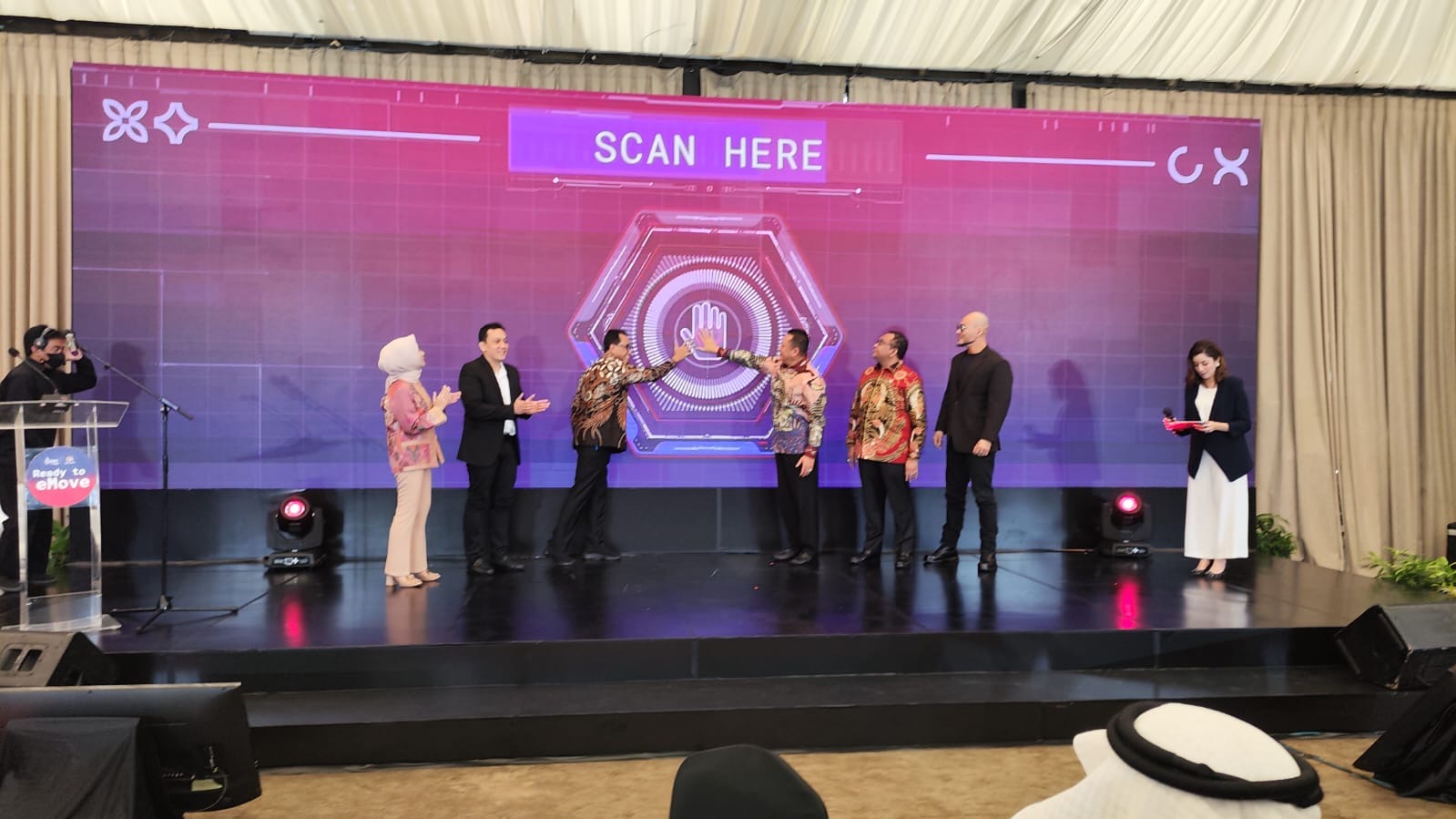
Energy, Sustainability & Climate B20 Task Force Supports Electric Vehicle Ecosystem Acceleration
Jakarta, October 5, 2022 - Energy, Sustainability and Climate Business 20 (TS ESC-B20) Task Force fully supports the electric vehicle ecosystem development in Indonesia through policy recommendations and policy actions in the energy sector.
Energy, Sustainability and Climate Business 20 Task Force, which consists of eight Co-Chairs from the global energy industry and 150 more executives from G20 countries, has produced three pillars of recommendation. Namely, accelerate the transition to sustainable energy utilization by reducing carbon intensity; secondly, ensure a just, orderly, and affordable transition to sustainable energy utilization; thirdly, increase public access to clean and modern energy consumption.
"In the strategic discussion around the policy recommendations we developed in the Energy, Sustainability and Climate Task Force, we also emphasized electric vehicles’ significant role in the energy transition," said Nicke Widyawati, Chair of TF ESG in the B20 Side Event Ready to eMove, held in Jakarta on Tuesday, October 4, 2022.
In a Focus Group Discussion with the Special Staff of the President of the Republic of Indonesia, Nicke Widyawati explained that one of the efforts to achieve the Indonesian government's target in the Nationally Determined Contribution (NDC) to increase emission reductions and achieve Net Zero Emission by 2060 relies on the energy sector, where electric vehicles implementation will play a key role.
According to her, based on President Joko Widodo's direction, it is targeted that at least 2 million electric motorcycles will be used on the roads by 2025 in Indonesia, and around 13 million electric motorcycles will be used in 2030.
"The government has issued several regulations to facilitate and accelerate electric vehicles utilization," added Nicke.
Nicke continued that ESC B20 TF has also prepared several policy actions to support electric vehicle development acceleration. Namely, 1) policy action 1.1, increasing energy efficiency improvement rate in the transportation, building, and industrial sectors; 2) policy action 1.4, progressively increasing potential amount and ease of access to finance to developing countries to accelerate the energy transition; 3) policy action 2.3, assisting readiness for energy transition by ensuring human resources ability to accommodate changes, such as knowledge transfer, upskilling and workshops; 4) policy action 2.4, ensuring essential minerals' sustainable mining practices for energy transition technologies; 5) policy action 3.1, accelerating integrated energy access solutions' deployment including off-grid with community participation and grid-based electrification to expand energy access and improve a prosperous economy.
Furthermore, Nicke said that in encouraging the right on target electric vehicle utilization and realizing broad socio-economic benefits from electric vehicle utilization, support from various stakeholders is needed to overcome various obstacles in consumers adopting electric vehicles, seize opportunities for industrial growth, and protect against risks that may arise.
As one of the business entities in ESC B20 TF, Pertamina has also shown its commitment to the electric vehicle ecosystem development by joining the Indonesia Battery Corporation (IBC), a state-owned joint venture company that will operate to produce EV batteries.
Moreover, Pertamina has operated six Public Electric Vehicle Charging Stations (SPKLU) spread across DKI Jakarta and Bali.
Currently, Pertamina also has 238 GES installed with solar panels, six units of Charging Stations for charging electric cars, and 14 units of Battery Swapping Stations for exchanging electric motor batteries. Pertamina targets that all outlets, both downstream and upstream, in the future will be upgraded with new and renewable energy.
"Therefore, we need synergy between stakeholders in the electric vehicle industry, starting from the government, manufacturers, electric vehicle users, and associations as a forum for exchanging ideas and evaluating industrial developments," conveyed Nicke.**